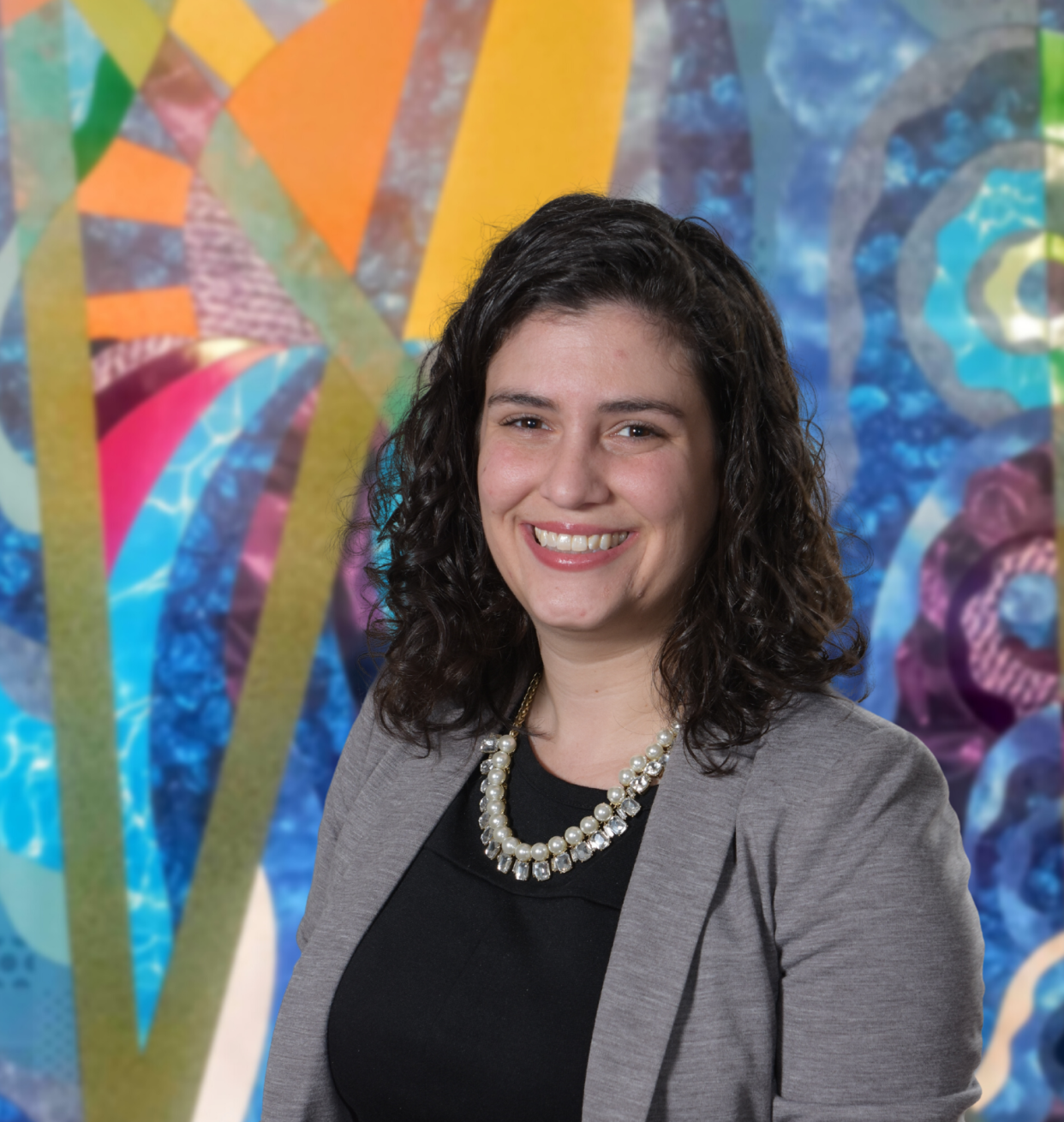What are Rosh Hashannah and the High Holy Days all about? A Q&A with Rabbi Lenette Goldman

Rosh Hashanah, the Jewish New Year that begins Friday at sundown, is a time of reflection, renewal and moral responsibility. The holiday marks when, in Judaism, God is said to have created Adam and Eve. This is the beginning of year 5784.
Many Jews observe the holiday by not working for one or two days (depending on tradition), attending synagogue and eating special foods like apples and honey, which hold symbolic importance.
Together with Yom Kippur, on Sept. 24-25, it is one of the "High Holy Days" that are followed soon after by Sukkot, an eight-day harvest festival that begins Sept. 29.
Rabbi Lenette Goldman of Temple Beth Shalom in New Albany is the president of the Columbus Board of Rabbis, a platform for dialogue and collaboration between leaders from the Reform, Orthodox, Conservative and Reconstructionist movements of Judaism. She spoke with The Dispatch about Rosh Hashanah's significance and how it is celebrated in Columbus.
The following Q&A has been edited for length and clarity.
Question: I've read Rosh Hashanah is a time of judgement. Is that true? What is the holiday all about?
Answer: In Hebrew, Rosh Hashanah literally means "head of the year," and it is the Jewish new year.
It is certainly a joyful holiday — we're celebrating a new year — but there is some additional solemnity to the day. It's a time of being introspective, of repentance and repairing relationships. We take a spiritual inventory of our lives and focus on renewing that connection to ourselves, our community and God for the year — so for some, that's the "judgment" piece.
A common greeting that we say is "Shanah tovah," which means "happy new year," but it also means "a good change," with that idea of repentance.
Q: What will you be talking about during your Rosh Hashanah sermon this year?
A: My sermons this year are going to focus on the power of our choices and being a good ancestor.
It's a perfect time to zoom out and think about what we want our legacy to be. What do we want to leave not just the next generation, but the next two, three or four generations? How will we be good stewards of our values and of our planet?
Q: What's Rosh Hashanah's relationship with the other High Holy Days, Yom Kippur and Sukkot?
A: The days between Rosh Hashanah and Yom Kippur are called the Days of Awe. It's a very holy and sacred time. We're focusing on thinking about our transgressions, and we're supposed to make amends with people whom we've wronged, as well as express our desire to partner with God to improve ourselves, community and the world.
Yom Kippur is the Day of Atonement, and it is the culmination of Rosh Hashanah and the Days of Awe. That's the most solemn day of the year, when we really focus on renewal and starting the next year afresh. We traditionally wear white, and if we're able to, we fast, to be reminded of our mortality.
And then a little less than a week later, we have Sukkot, which is an outdoor festival holiday, celebrating the renewal of the earth. The tradition of Sukkot is to create a "sukkah," an impermanent dwelling that reflects the the dwellings that our ancient Israelite ancestors lived in while they were wandering through the wilderness. Families sometimes construct sukkahs in their backyards, and they will eat there, sometimes they will sleep there — through the rain or the cold.
Q: Within Columbus, is there diversity in the way Rosh Hashanah is celebrated?
A: There's huge diversity, and I think that's just so beautiful that it's all here in Columbus. If you are looking for a traditional Orthodox observance, then you will absolutely get that. And then on the other end, there are the Conservative, Reform and Reconstructionist observances.
The different movements' services vary in the amount of Hebrew, as well as music and how experiential they are. Even within movements, each congregation will also have a little bit of a different feel.
And even though we're all celebrating in our own specific synagogues and communities, I feel like there's a really special feeling of unity and collaboration here in Columbus.
Peter Gill covers immigration, new American communities and religion for The Dispatch in partnership with Report for America. You can support work like his with a tax-deductible donation to Report for America at: bit.ly/3fNsGaZ.
pgill@dispatch.com
This article originally appeared on The Columbus Dispatch: Q&A with Rabbi Lenette Goldman: What is Rosh Hashannah all about?

